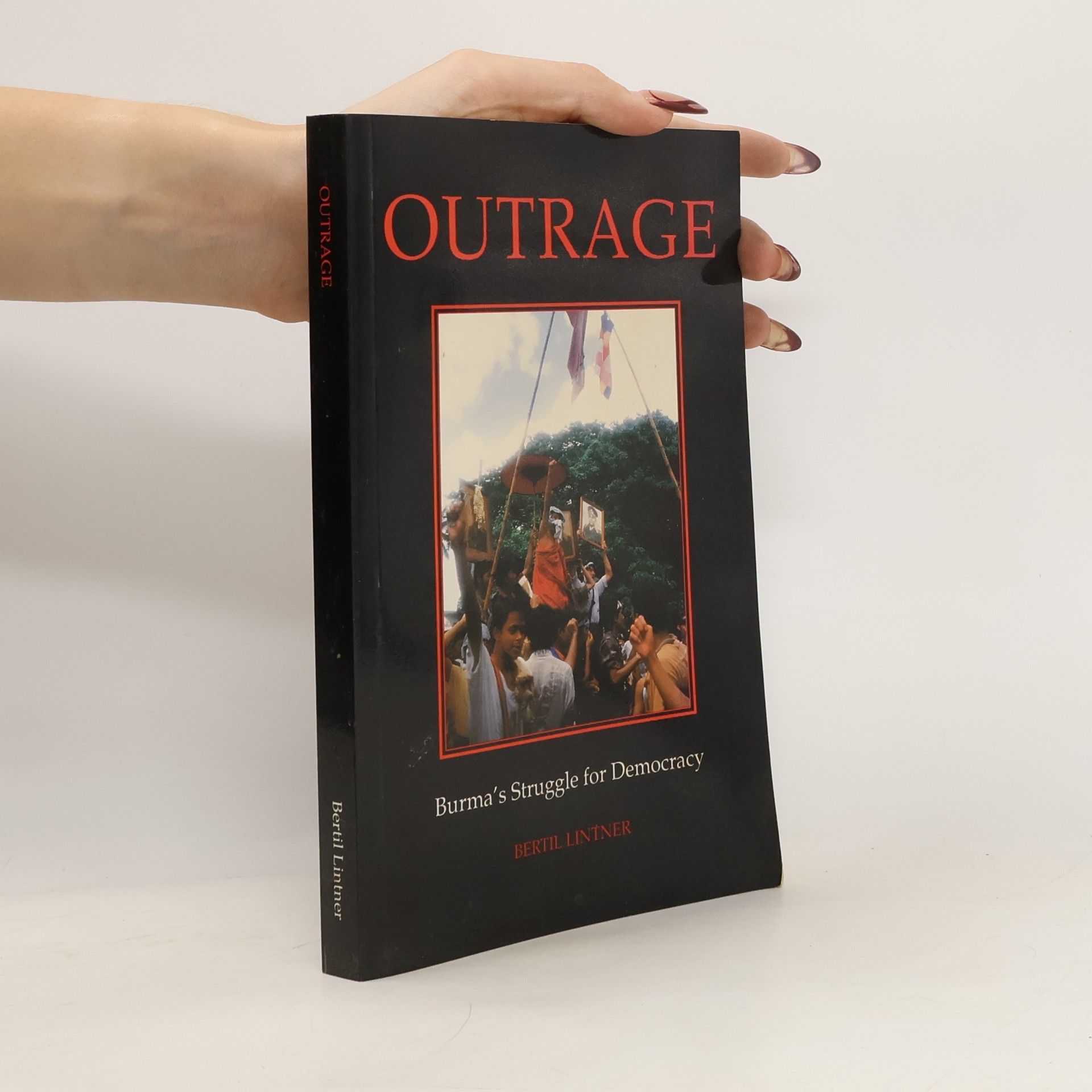Outrage
- 208pages
- 8 heures de lecture
Story of the 1988 revolt in Burma



Story of the 1988 revolt in Burma
Focusing on the Sino-Indian border dispute, this book delves into the broader historical and geopolitical factors surrounding the 1962 war. It argues that the conflict was not merely a territorial issue but intertwined with larger political dynamics and regional power struggles. By providing a comprehensive analysis, it sheds light on the complexities of the relationship between China and India, offering insights into the implications of the war that continue to resonate today.
The United Wa State Army (UWSA) is a nonstate armed group that administers an autonomous zone in the difficult-to-reach Wa Hills of eastern Myanmar. As China expands its geopolitical interests across Asia through the Belt and Road Initiative, the Wa have come to play a pivotal role in Beijing's efforts to extend its influence in Myanmar. In a book relevant to current debates about geopolitics in Asia, the illicit drug trade, Myanmar's decades-long civil wars, and ongoing efforts to negotiate a settlement, Bertil Lintner, the only foreign journalist to visit the Wa areas when they were controlled by the Communist Party of Burma, traces the history of the Wa Hills and the struggles of its people, providing a rare look at the UWSA.